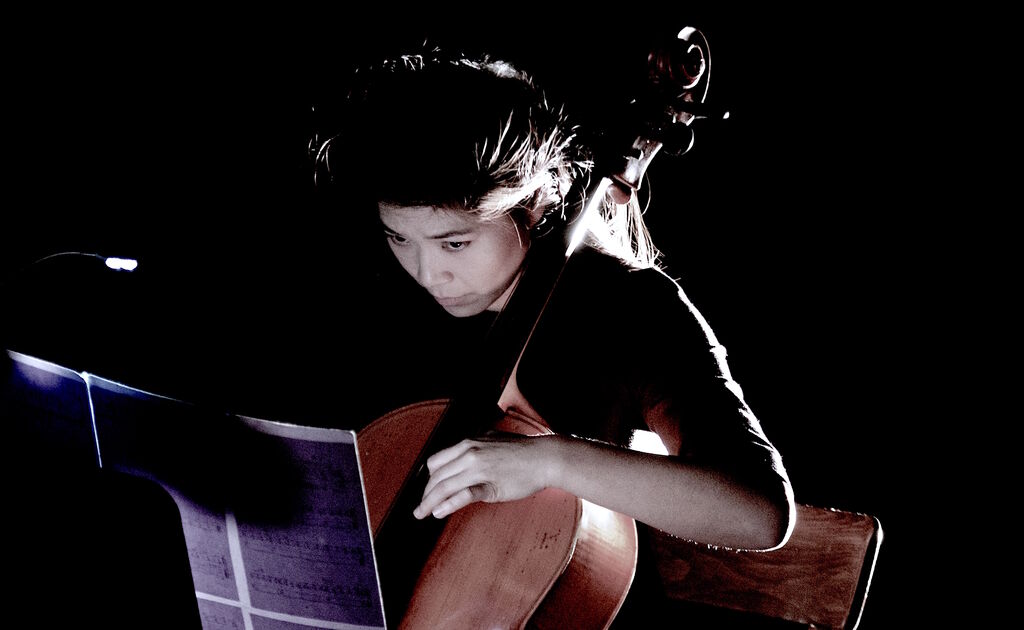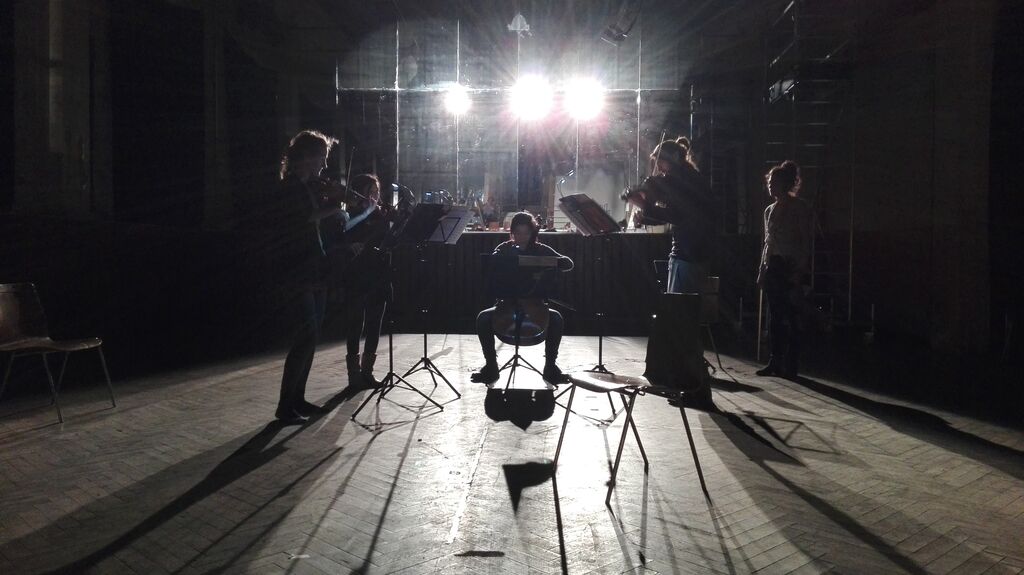Excuse My Dust: de terrae fine


1816 went down in European history as the "year without a summer" after the Tambora volcano erupted in Indonesia the previous year. A huge ash cloud drifted as far as Europe, settling into the atmosphere and changing the climate and the view of the sky. The rhythm of the seasons was disrupted in large parts of Europe and North America - winter spread, and snow fell in some places even in the summer months. "Eighteen hundred and frosty" became a term in the ensuing years of crop failures and famines, suggesting increased recourse to winter metaphors in Germany and Austria, even against the backdrop of the political Restoration.
But the volcanic dust in the atmosphere not only resulted in an extended period of cold, it also caused an impressive change in daylight. Thus, the sky over Europe by no means only became gloomier due to the unusual amount of dust in the air, but also the sunrises and sunsets colored with special intensity and rare light and precipitation phenomena such as parhelia and blood rain became observable.
The "year without summer" can be glimpsed in many works by artists from this period. 200 years later, Excuse My Dust: de terrae fine projects parhelia on the stage, as Wilhelm Müller and Franz Schubert designed them in Winterreise: "Ach, meine Sonnen seid ihr nicht, schaut andern doch ins Angesicht!". How could post-Volcanic states of nature sound if they were set as a score?
In cooperation with the Viennese association .akut, the soloist ensemble Kaleidoskop performs Schubert's late string quintet in a way never heard before - backwards and retroactively, between and interwoven with works by Mark Andre, Georg Friedrich Haas, Iannis Xenakis and Anton Webern.
"Excuse my dust" is a saying from far away, put in the mouth of a volcano and made audible. If you look at his ejections, they change color: sometimes gray, sometimes whitish, sometimes black. If you touch its material, they feel like tuff, like stone, like sand. Set to music they sound like: Noise, clusters, microtones.
Excuse My Dust: de terrae fine
Excuse My Dust: de terrae fine
Excuse My Dust: de terrae fine
A production of .akut - Verein für Ästhetik und angewandte Kulturtheorie and Solistenensemble Kaleidoskop with the kind support of Erste Bank, in cooperation with Wien Modern.